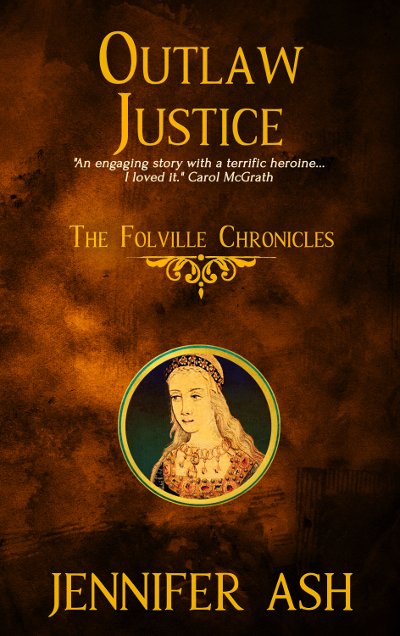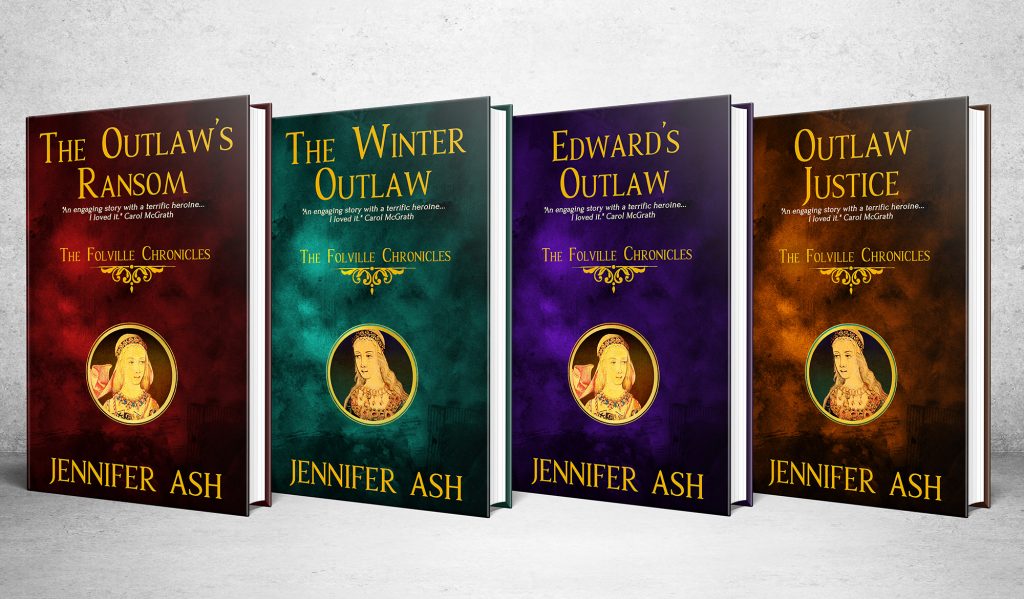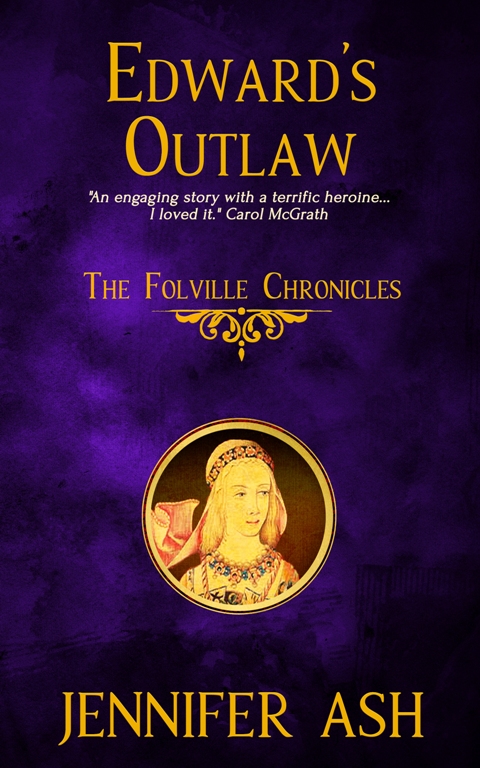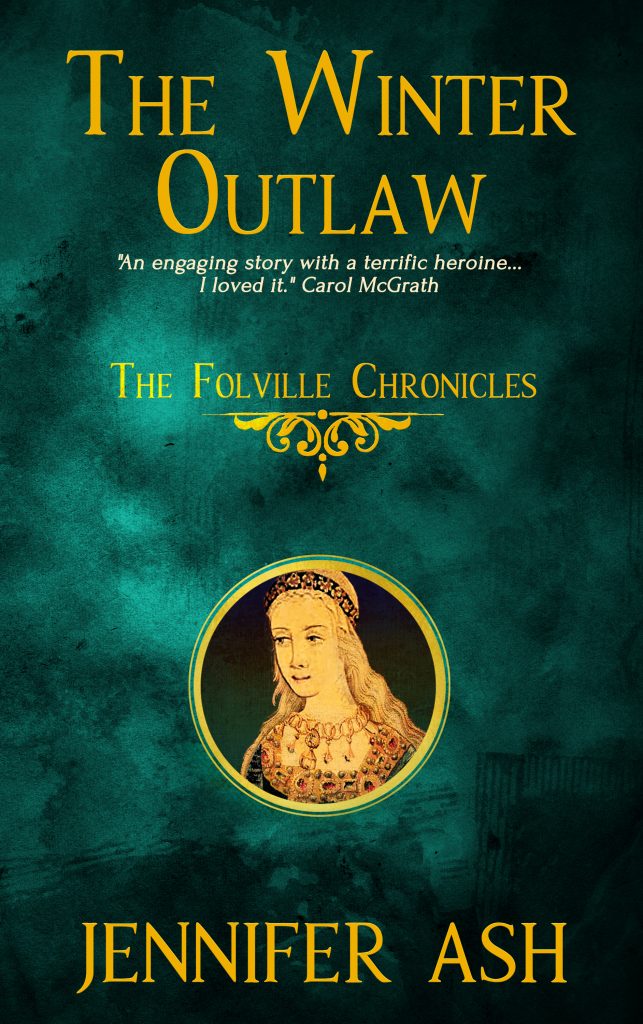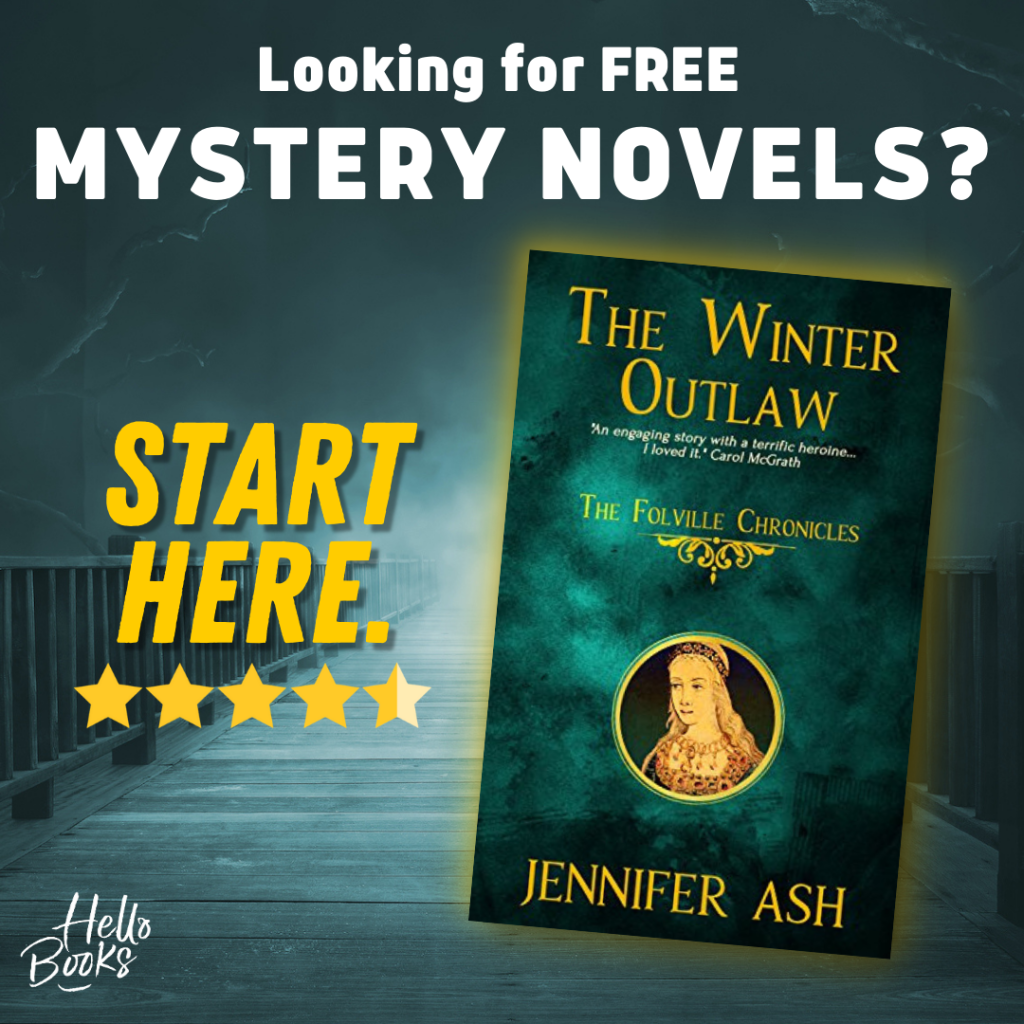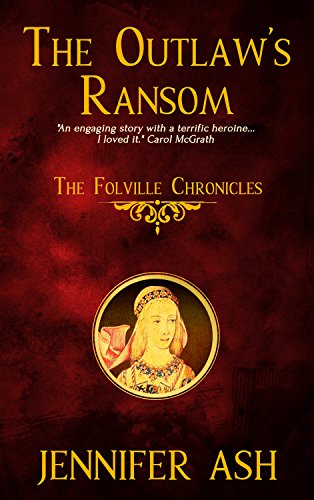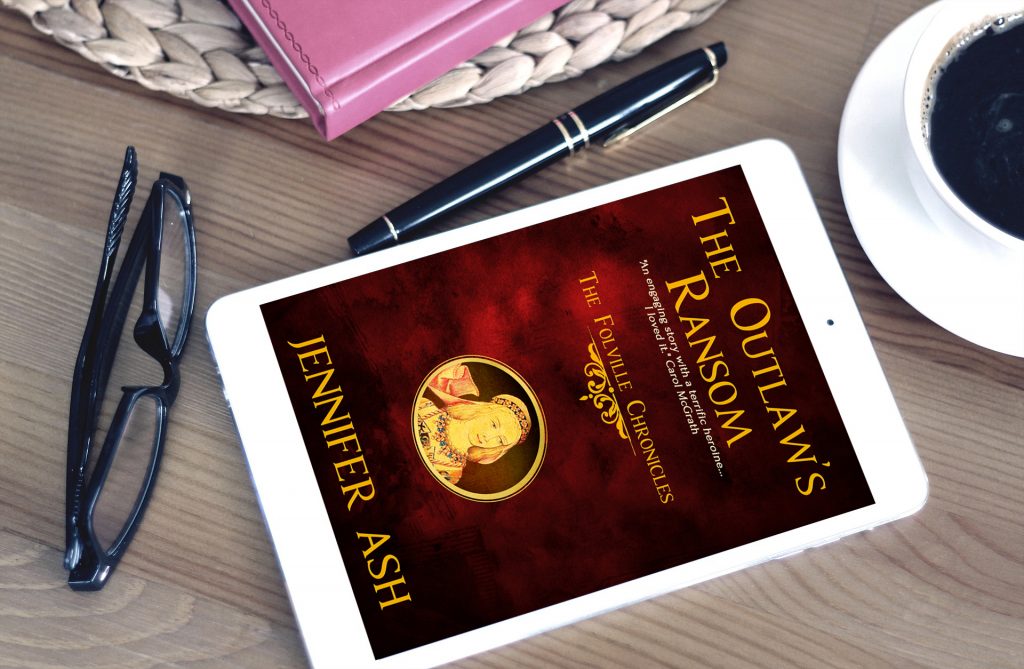It’s #openinglines time, and today I’m delighted to be welcoming Anna Legat to my blog to talk about her brand new novel, The Queen’s Avenger.
Over to you Anna…

A few years ago, I read a biography of Mary Stewart, Mary Queen of Scots: A Study in Failure. The book was a scathing assessment of the tragic monarch. The author, a modern-day historian, critically analysed Mary’s reign and concluded her a failure. But there was something missing. It was Mary herself. She had been lost in the paperwork. I set out on a mission to find her.
I read many other biographies. Some were much more forgiving, even favourable; others not so. The accounts of key events from Mary’s short life, and their interpretations, varied widely. After all, Mary Queen of Scots is one of history’s most hotly debated figures. Her contemporaries were unkind, if not openly hostile, towards her. Much evidence of her alleged wrongdoings was fabricated by her enemies. Posthumously, she was firstly vilified as an adulteress and regicide, then romanticised as a tragic heroine who ruled solely with her heart. She was neither.
Having travelled across Scotland in her footsteps, I immersed myself in her word and tried to explore it through her eyes. An image formed in my mind of Mary as a queen as well as woman. The outcome is The Queen’s Avenger, Mary’s story told from the perspective of her devoted guardian and confessor, Father Ninian Winzet, who having failed to protect her, embarks on a mission to avenge her.
Blurb
1592.
The Reformation has engulfed the Holy Roman Empire. The power of Catholic church is not what it was.
At St James’s Monastery in Ratisbon, its Scottish Abbot, Ninian Winzet, dies.
Brother Gunther, a young Bavarian monk, discovers a hidden vault in Winzet’s scriptorium containing Winzet’s deathbed confessions.
The revelations are shocking. If made public, they could not only ruin the late Abbot’s reputation but also harm the monastery and the whole Benedictine Order.
Winzet, a Scot by birth, tells a tragic story of Mary Stewart, a catholic queen in protestant Scotland, hounded to death by opponents both within and outside her kingdom.
Having sworn to protect her and failing to deliver on his pledge, Winzet dedicates his life to exposing her enemies. But they are influential and practised at concealing their crimes. They are also unscrupulous and will stop at nothing.
When Mary’s husband, King Henry, is assassinated, she is framed for his murder, imprisoned and forced to abdicate. She flees to England – only to be imprisoned by her cousin, the Queen Elizabeth.
Winzet’s dogged investigation leads him to the real killers and their paymasters. But what recourse is there for justice?
Thwarted in his efforts, the Abbot embarks on a mission of bloody revenge to exact his own version of justice on the men who destroyed his queen.
Gunther is resolved to keep Winzet’s confessions secret, but he discovers that is not the only person who knows of their existence.
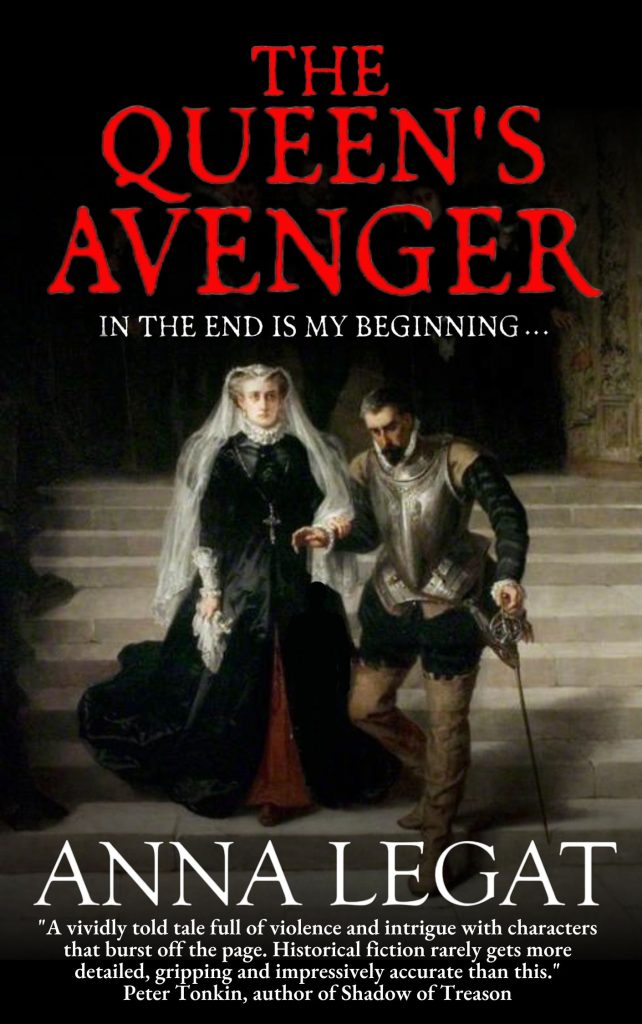
On his deathbed, he writes his confessions. A young Bavarian monk discovers them.
FIRST 500 WORDS…
29th September 1592, Ratisbon, Bavaria
Brother Gunther’s attention was straying. He forced his gaze up to the apsis to seek inspiration for his night prayer, but none came. The scene of the Crucifixion at the high altar – the Lord’s earthly form prostrate on the Cross, his spirit departed – served only to remind Gunther of the passing of Abbot Ninian. His thoughts drifted further to the scrolls hidden behind the wall panel in his scriptorium. Gunther was eager to get back to them.
He had uncovered them accidentally after Mass this morning. He had been assigned the task of cleaning the late Abbot’s chambers by Father Archibald who was to succeed Ninian. The office was yet to be conferred upon him by His Holiness in Rome, but that was a mere formality. Father Archibald was desirous to take residence in the elevated tower apartment as soon as possible.
Never before had Gunther been granted access to the Abbot’s lodgings. He had found his bedchamber basic in comforts, befitting the Benedictine vow of poverty and abstention: a simple bed, an enamel washbasin, a prie-dieu with a cushion to kneel upon in prayer and a wood carving of Holy Mary, her robes painted pale blue, trimmed with gold. A scourge whip with nails set in leather straps lay beside a lantern and a Holy Book on a small sideboard. A Cross of rosewood hung dominant above the door.
Abbot Ninian had been an avid advocate of ascetism. In his teachings, he would often warn the brothers against material and carnal temptations. It appeared he had lived by what he had preached.
The late Abbot’s scriptorium however painted a very different picture of his character. Gunther would have no words to describe the pandemonium he had walked into as he stepped over the threshold of the airless chamber, small as it already were, and made even smaller by the accumulation of clutter. The desk, central to the room, was grunting under the weight of heavy volumes, parchments, quills broken and spent, papers crumpled by a frustrated hand, discarded and forgotten, inkwells with the tar of dry ink hardened inside, a knife for sharpening quills, a double candlestick caked in yellow beeswax, two oil lamps, one chipped, with a missing handle, the other new, its belly glistening. The walls were draped with pine shelves heaving under the weight they carried, darkened with age, cramped with books written principally in Latin, but also a few in German, French and Italian, as well as copious pamphlets and ledgers, some bound in leather, some in wood. The smell in the scriptorium was that of mould and decay, and something sour that Brother Gunther associated with death.
He had cleared the desk and scrubbed it, spots of hard-set wax peeling off the surface like old skin from a snake. He had refilled the inkwells and sealed them with stoppers. He had gone about washing the wood-panelled walls and wiping layers of dust from the skirting boards when his eyes became drawn to an ill-fitting…
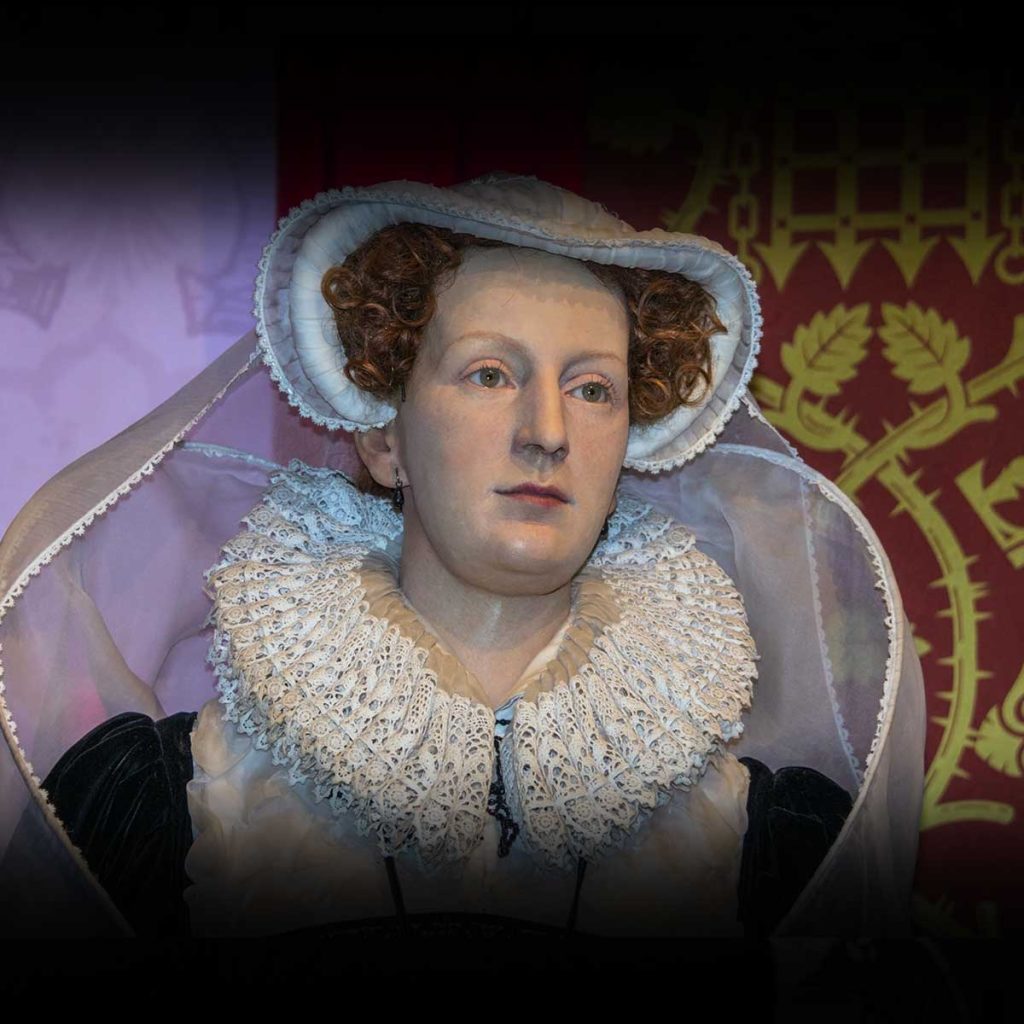
Mary Queen of Scots
Buy The Queen’s Avenger https://mybook.to/TheQueensAvenger
 Bio
Bio
Although she writes in a wide range of genres, Anna Legat is best known for her DI Gillian Marsh detective series and The Shires, her cosy murder mysteries. Anna is also the author of the historical thriller, Buried in the Past. She lives near Bath.
Join Anna Legat on Twitter @LegatWriter, FB @AnnaLegatAuthor and Instagram at @LegatAuthor
***
Many thanks, Anna.
Happy reading everyone,
Jenny xx


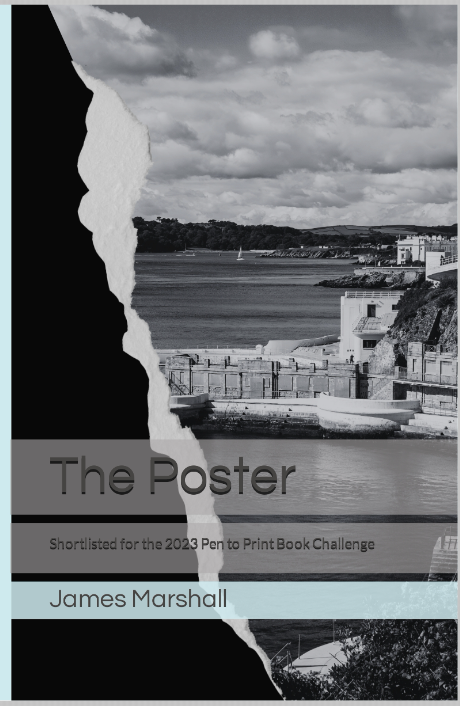
 Bio
Bio